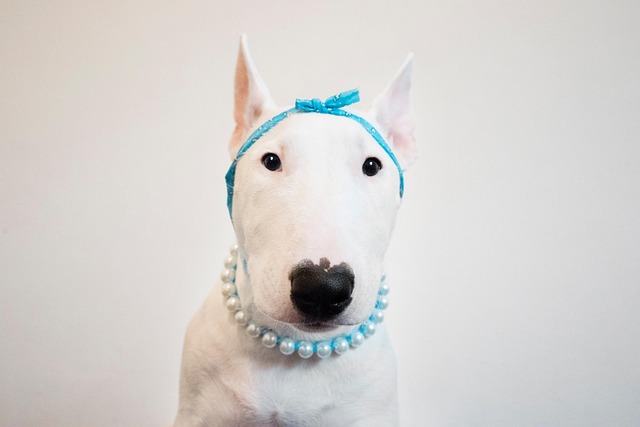
How can I tell if my dog's heatstroke is serious
Let’s be real: It’s a sticky August morning in Los Angeles, and you took your 2-year-old Golden Retriever, Max, for a walk a little later than usual
When a low-grade fever hits and even lifting a glass feels like a chore, your dog’s wet nose nudging your hand is both a comfort and a quiet reminder—they still need you. Taking care of a pup when you’re sick isn’t about perfection; it’s about small, steady steps to keep their routine intact, even when yours is frayed.
Start with the basics: food and water. You might not have energy to cook their usual homemade meals, but keeping their bowl filled with fresh water is non-negotiable—dehydration creeps in fast, especially for smaller breeds. Opt for easy, vet-approved options: pre-portioned kibble, a scoop of plain yogurt (no xylitol, which is toxic), or canned pumpkin (unsweetened) mixed in. In places like California, where pet food safety laws are strict, double-check labels to avoid additives that could upset their stomach—local regulations often mirror human food standards for a reason.
Exercise matters, too, but scale it back. If you’re bedridden, a 5-minute potty break in the backyard (leashed, even there—many suburbs have strict rules about free-roaming pets) works better than skipping it. In cities like Chicago, skipping walks entirely could land you a fine if neighbors report a neglected animal, so enlist a friend for a quick loop if standing feels impossible. Your dog won’t mind the shorter trip; they just need the chance to stretch and sniff—routine eases their anxiety when your energy is low.
 Emotional check-ins go both ways. Your dog can sense when you’re off—they might hover more, or act out by chewing shoes. A 2-minute belly rub or tossing their favorite toy across the room (even from the couch) reinforces that you’re still present. In Texas, where heatwaves are common, avoid leaving them alone for hours—local ordinances require daily interaction, and loneliness stresses them out as much as hunger.
Emotional check-ins go both ways. Your dog can sense when you’re off—they might hover more, or act out by chewing shoes. A 2-minute belly rub or tossing their favorite toy across the room (even from the couch) reinforces that you’re still present. In Texas, where heatwaves are common, avoid leaving them alone for hours—local ordinances require daily interaction, and loneliness stresses them out as much as hunger.
If your symptoms spike—high fever, dizziness—plan ahead. Keep a list of nearby pet sitters (licensed, per state requirements in places like New York) or a trusted neighbor with a key. Most vets offer emergency advice over the phone, too; note their after-hours line on the fridge. Remember: neglect isn’t just unfair to your dog—it’s illegal in every U.S. state and EU country. Small, consistent efforts beat sporadic overreach.
Recovery for you means recovery for them, in a way. As you start feeling better, ease back into longer walks or training sessions—they’ll mirror your energy. Taking care of a dog when sick teaches you to prioritize what matters: their health, your compliance with local laws, and the quiet bond that makes the extra effort worth it.

Let’s be real: It’s a sticky August morning in Los Angeles, and you took your 2-year-old Golden Retriever, Max, for a walk a little later than usual

You're enjoying a summer afternoon at the park when you notice your dog has stopped panting and appears disoriented - their gums are bright red

Let’s paint the picture: You’re in your Denver apartment, watching your 4-year-old Boston Terrier, Ruby, plop down mid-play session with her favorite toy

Many dog owners notice their pets nails seem shorter after regular walks,but how much does this daily activity actually help?The answer depends on where you walk—concrete sidewalks or asphalt streets gently file nails as a dog's paws hit the ground

Most dog owners notice their pup scooting across the carpet at some point, but few connect it to impacted anal glands. These small sacs near a dog’s rectum secrete a scent for marking territory

Most vets agree that regular dog teeth cleaning is key to avoiding painful dental issues later. For healthy adult dogs, a professional cleaning at the vet’s office every 12 to 18 months usually works well.